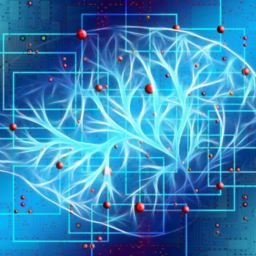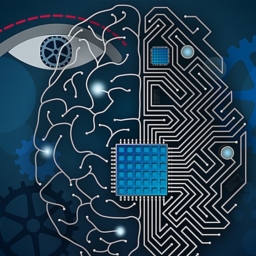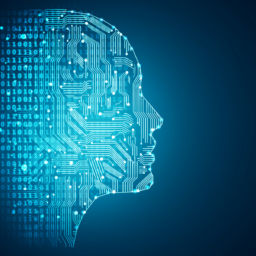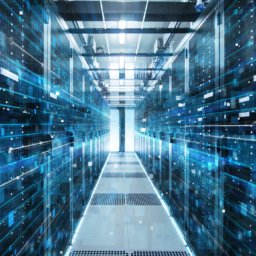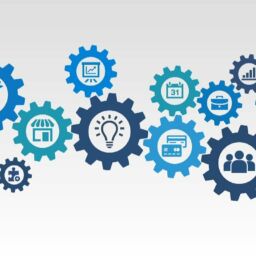A.I.: 3 Simple Definitions You Need to Know
By Irene Kafourou
The Chinese New Year is almost here, giving us the opportunity for another big celebration soon after January 1st, also bearing the gift of a lot of conversations happening around AI, Machine Learning, Big Data, etc. They are the hot terms that everyone in tech (or not) seems to be using today – a lot. This makes sense, as every day you can see the benefits of such technology, with services like Netflix or Spotify that can predict what you may like to watch or hear next, thanks to their AI models that decode your behavior.
If you are already confident to some extent with AI, check our previous blog post where we discussed not only what artificial intelligence is, but also what to expect in the near future. If you are not sure about this tech lingo, the following three definitions are key to not miss the AI-related conversations that are happening around you.
What Is Artificial Intelligence
In simple ter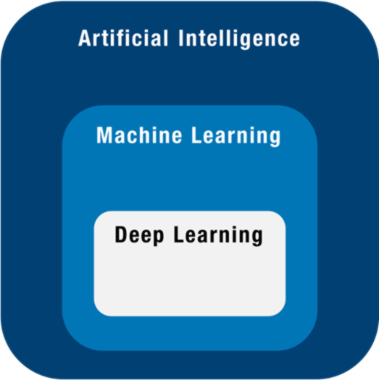 ms, in AI a computer is doing tasks that normally a human would do. A.I. is a branch of computer science that focuses on building smart machines that are capable of performing tasks that typically require human intelligence.
ms, in AI a computer is doing tasks that normally a human would do. A.I. is a branch of computer science that focuses on building smart machines that are capable of performing tasks that typically require human intelligence.
What Is Machine Learning
Machine Learning is a form of A.I. that enables a system to learn from data rather than through explicit programming. A.I.s have grown so much smarter that they can now teach themselves! Using a variety of algorithms, the system iteratively learns from data to improve and predict outcomes.
What Is Deep Learning
Deep Learning is a machine learning technique where the system learns from Neural Networks. It is inspired by the brain and the way it is structured and functions. In contrast with other machine learning techniques, algorithms here are structured in layers that create an “artificial brain” or an “artificial neural network”. These systems can handle much more data, bigger complexity and bring even faster and deeper insights.
A Last Note
Now you know. In the next conversation you participate, where someone brings up one of the above terms, you can ask them whether they know that the potential economic value that A.I. can deliver by 2030 is $13 trillion. This translates to 4.6 times the UK’s annual GDP! Now that’s what we call a ‘techy’ conversation starter.





